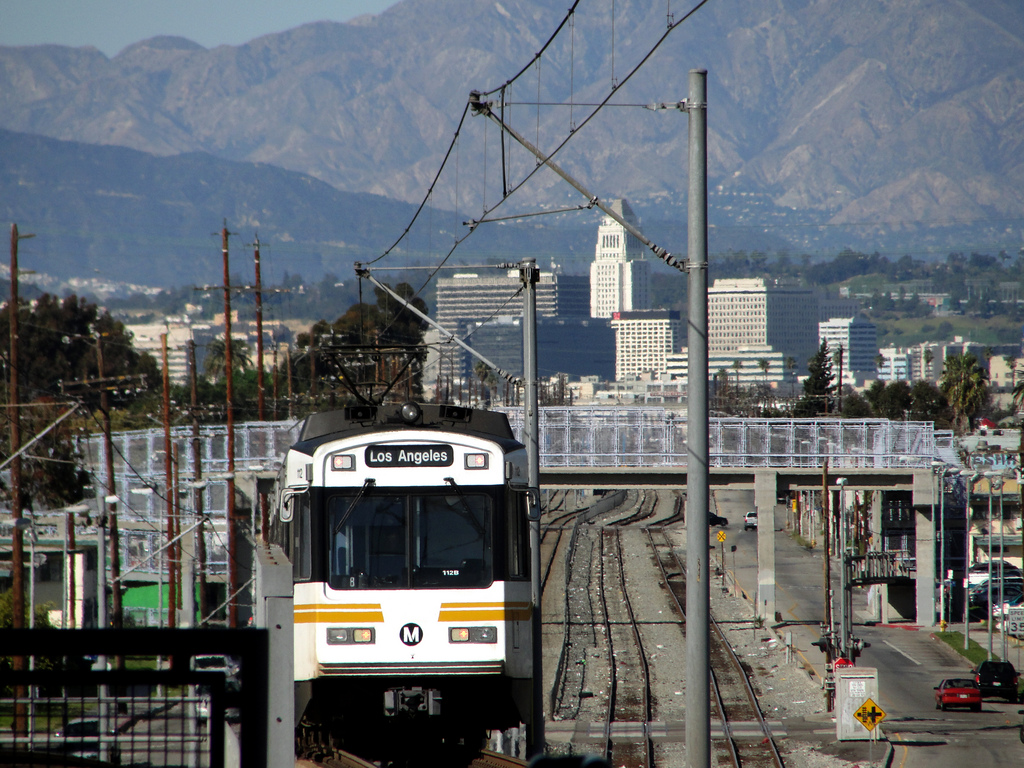
Aaron Gordon at Vice News tackles one of the most pressing subjects on transportation & climate policy: why does the U.S. absolutely suck at building public transit? Whether it’s a bus-rapid transit lane or high-speed rail, the U.S. cannot build these projects anywhere near on time or at a reasonable cost, compared to other advanced economies.
Some examples:
New York City is responsible for the most expensive mile of subway track on Earth, at $3.5 billion per mile, the first segment of the Second Avenue Subway. The second phase is projected to crush that record.
And these statistics:
“Nearly all American urban rail projects cost much more than their European counterparts do,” [transportation scholar Alon] Levy wrote in Citylab. “The cheaper ones cost twice as much, and the more expensive ones about seven times as much.” This includes both heavy rail (subways) and light rail. “Only a handful of American [light rail] lines come in cheaper than $100 million per mile, the upper limit for French light rail.”
So how does Gordon explain the ineptitude? He cites multiple factors, but the big ones seem to be the following:
- Political compromises on routes and station locations, which drive up costs and turn transit projects into “political consensus” projects — a phenomenon I observed quite clearly and documented in my 2014 book Railtown on planning and building Los Angeles Metro Rail.
- Over-reliance on expensive consultants rather than cheaper in-house expertise. This dynamic is a function of the piecemeal, start-and-stop federal and state funding for transit, which means local agencies can’t build up the expertise they need. It’s also a function (in my view) of corruption, as special interests like contractors and labor unions cut deals for big contracts with minimal oversight.
- Overlapping and poor governance in a system of hyper-local control, in which multiple agencies have jurisdiction over projects, resulting in long permitting times and costly compromises.
Gordon is short on solutions in his piece but promises more to come. Meanwhile, other scholars such as Alon Levy and researchers at the Eno Center are also working on this issue. Hopefully we can see some promising reforms get traction soon, because the present situation in the United States is unsustainable and wasteful, in multiple ways.


